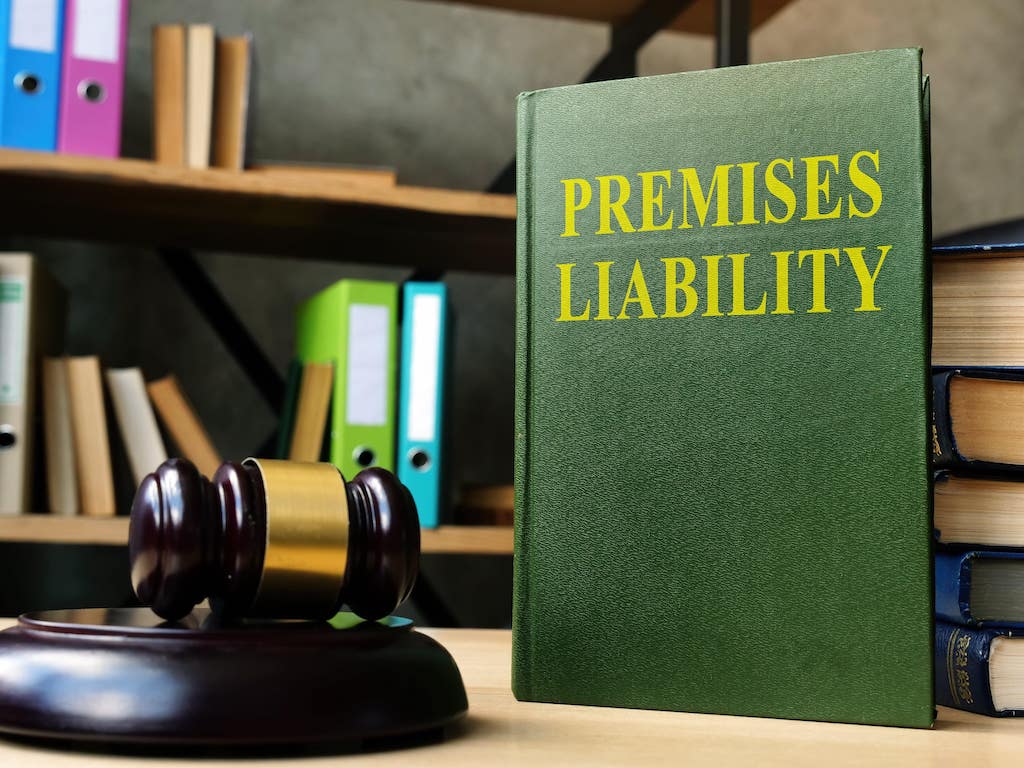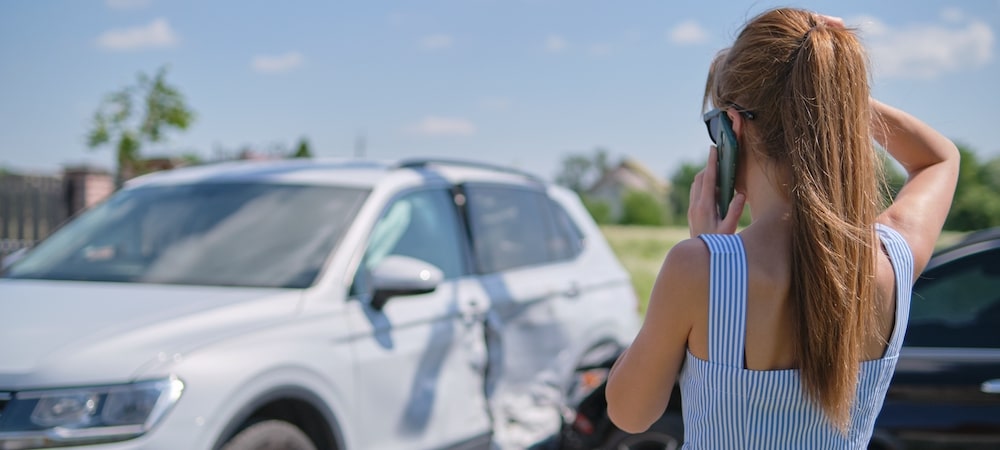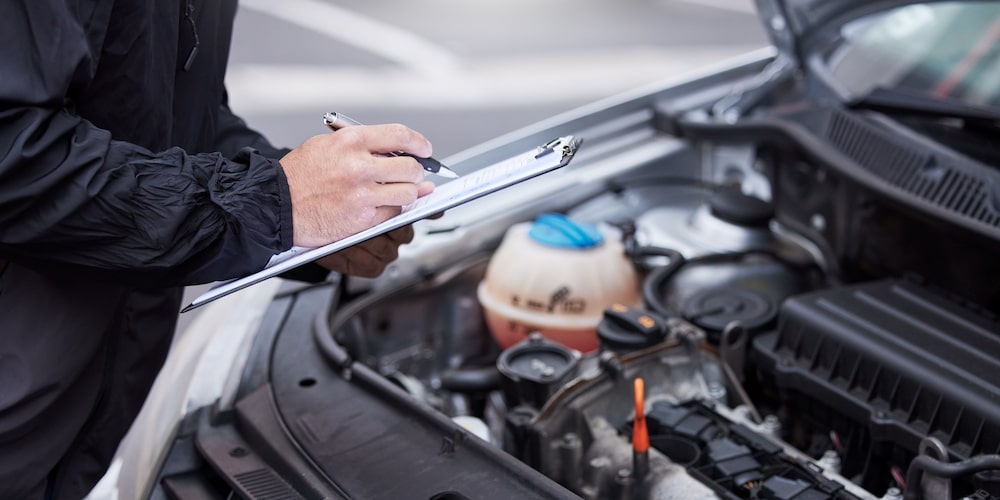When an individual is injured on someone else’s property, the concept of premises liability comes into play. Premises liability laws are designed to determine who is responsible for an injury sustained on a property. Under these laws, the owner of the property may be held legally responsible if it can be proven that their negligence led to the injury. This can happen when a property owner fails to uphold a reasonable standard of care, by either not addressing potential hazards or failing to warn visitors of risks.
However, the details of premises liability can vary significantly from one jurisdiction to another. Generally, the nature of the visitor’s presence on the property is an important factor in establishing the property owner’s duty of care. Invitees, such as customers in a store, are owed the highest duty of care, while licensees and trespassers are afforded different levels of protection under the law.
Should an injury occur, the injured party may have the right to file a lawsuit against the property owner. The outcome of such a lawsuit often hinges on whether the property owner knew or should have reasonably known of the dangerous condition and whether the owner took appropriate steps to mitigate the risk. Those who are hurt on your property might be able to sue if the property owner is found negligent in maintaining a safe environment.

Understanding Premises Liability
Premises liability is a legal concept that often comes into play in personal injury cases where the injury was caused by some type of unsafe or defective condition on someone’s property.
What Is Premises Liability?
Premises liability refers to the legal responsibility that property owners and occupiers have for injuries and accidents that occur on their property. This encompasses residential, commercial, and public properties. A key factor in these claims is whether the owner or occupier has maintained the property in a reasonably safe condition.
Premises Liability Law Overview
Premises liability law varies by jurisdiction, but generally, the law requires property owners to keep their property safe for visitors. They may be found liable if they fail to remedy or warn of a hazardous condition that they knew or should have known about. The law distinguishes between different types of visitors such as invitees, licensees, and trespassers, with varying degrees of duty owed to each.
Properties can present a range of hazards, from slip and fall risks to unsafe structures, and property owners must address these issues promptly to mitigate risks to visitors. Claims may arise from various incidents, including slips and falls, inadequate maintenance, defective conditions, or inadequate security, which are encapsulated within the realms of premises liability claims.
When Is a Property Owner Liable?
Understanding when a property owner is legally responsible for injuries sustained on their premises is critical. The crux of liability hinges on whether the owner has met or breached the duty of care owed to those who enter the property.
The Duty of Care Explained
Property owners have a legal obligation to ensure that their premises are safe for visitors, guests, and in some cases, even trespassers. This is known as the duty of care. They must take reasonable steps to address potential hazards that they know of, or reasonably should know of.
Invitees: Public or business visitors are owed the highest duty of care.
Licensees: Social guests are owed a duty of reasonable care to warn about or fix non-obvious dangers.
Trespassers: These people are owed a limited duty. Mainly, property owners should not willfully harm them.
Scenarios of Property Owner’s Negligence
Negligence on the part of a property owner can arise in various scenarios. Here are some common instances where a property owner may be held liable:
Failure to Repair: Known hazards that are not repaired in a timely manner can lead to the property owner’s liability.
Inadequate Warnings: When hazards aren’t obvious, property owners must warn visitors or face potential negligence claims.
Poor Property Conditions: Maintaining the property in a condition that prevents unreasonable risk of injury is a key responsibility of the owner.
Instances of negligence could include a broken stairway leading to a fall, an aggressive dog not properly secured, or a spill that isn’t cleaned up which causes a slip and fall accident. If these conditions lead to injury, and it’s found that a reasonable property owner would have known about and fixed them, the owner could be deemed negligent.
The Legal Process After an Injury
When someone is injured on another’s property, they may initiate a legal process that can include filing claims, seeking representation, and engaging with insurance companies. This process often starts with a premises liability claim and involves the expertise of a Chicago personal injury lawyer, like those at 844 See Mike.
Filing a Premises Liability Claim
A premises liability claim is based on the assertion that the property owner failed in their duty to maintain a safe environment, resulting in injury. The injured party, or plaintiff, must file this claim within a certain timeframe, known as the statute of limitations, which varies by state. It is crucial for the claim to detail:
- The nature and extent of the injuries
- How the property conditions contributed to the accident
- The liability of the property owner due to negligence or failure to warn of potential danger
The property owner’s insurance company will typically be involved in the process, as they might be responsible for covering the damages if the claim is accepted.
The Role of Personal Injury Lawyers
Personal injury lawyers act on behalf of the injured party to provide guidance through the legal complexities of premises liability claims. Our attorneys will:
- Collect and organize evidence to support the claim
- Communicate with the property owner’s insurance company
- Negotiate settlements or represent the plaintiff in court if necessary
Premises liability attorneys play a critical role in determining the effectiveness of a personal injury lawsuit, helping their clients navigate through the legal process to seek justice and compensation for their injuries. Their involvement also serves to level the playing field against property owners and large insurance companies, ensuring that the injured party’s rights are protected.
Insurance Considerations
When an individual is injured on someone else’s property, the property owner’s insurance policy often plays a critical role in how liability and damages are addressed. Two primary concerns include the scope of coverage provided by the homeowner’s insurance policy and the process of engaging with the insurance company following an incident.
Homeowner’s Insurance Policies
Scope of Coverage: Homeowner’s insurance policies usually include personal liability coverage, which may help pay for medical bills, legal fees, and other related expenses if someone is injured on your property and you are found liable. The limits of this coverage are set out in the terms of your policy and can significantly affect the out-of-pocket costs for a property owner.
Policy Exceptions: It’s important for property owners to understand that homeowner’s insurance policies likely have exclusions. Certain scenarios, such as intentional harm or injuries to residents of the home, may not be covered.
Dealing With Insurance Companies
Reporting an Incident: After an injury occurs, a property owner should promptly notify their insurance company. Delayed reporting can complicate the claims process and potentially affect coverage.
Claims Process: The insurance company will conduct its own investigation to determine liability and assess the claim. They will consider whether the property owner has maintained a safe environment and adhered to the terms of the policy.
Settlements: In many cases, the insurance company may handle negotiations with the injured party’s representation and potentially reach a settlement agreement up to the policy’s coverage limit.
It’s imperative for property owners to thoroughly review their policy and understand their coverage limits, as these factors are pivotal in the event someone is injured on their property. Additionally, open communication with the insurance company can aid in a smoother claims process.
Protecting Yourself as a Property Owner
As a property owner, it is imperative to understand how to safeguard oneself from potential lawsuits in the case of an injury occurring on one’s premises. This involves taking proactive steps to mitigate risks and seeking advice from legal professionals to reinforce that protection.
Preventative Measures
Regular Property Inspection: One of the most effective strategies a property owner can implement is conducting regular inspections of their property. By identifying and rectifying any potential hazards, from loose railings to uneven walkways, they can significantly decrease the likelihood of accidents and subsequent injury claims.
Clear Signage and Lighting: Adequate lighting and visible warning signs can prevent accidents by making sure visitors are aware of potential dangers. For example, ‘Wet Floor’ signs can alert individuals to slippery areas, reducing the chance of a fall.
Encourage Safe Behaviors: Property owners should promote safety by setting clear rules for property use, such as prohibiting running in pool areas or enforcing the use of helmets on bike paths.
Consult With Legal Professionals at 844 See Mike
If someone is injured on your premises, it’s advisable to consult a personal injury lawyer. Here at 844SeeMike Personal Injury Lawyers, our experts provide guidance on liability issues and can defend the property owner’s interests. Contact us to take the next steps forward in defending yourself against personal injury lawsuits.




